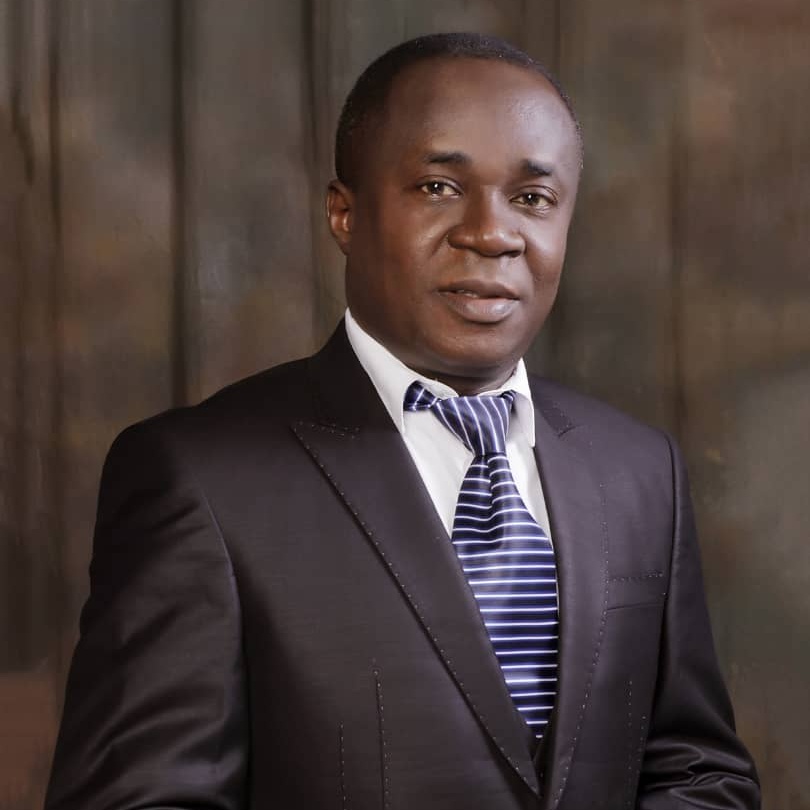With over 206 trillion standard cubic feet of natural gas and intervention fund of N250 billion, oil and gas stakeholders in the country have called for a halt to importation of cooking gas otherwise called Liquefied Petroleum Gas (LPG).
Amidst soaring price and disruption to gas market globally following the Russia and Ukraine war, Nigeria currently importover 55 per cent of LPG to growing demand for the products in the country.
Despite the huge gas deposit in the country, Nigeria have had to rely on smaller African countries like Algeria, Equatorial Guinea and others meet demand.
The prevailing situation linked to lack of investment had forced the CBN to inject about N250 billion loan to leapfrog the Federal Government domestic gas expansion programme, which aimed that encouraging use of gas in place of firewood and charcoal.
Last year, the Federal Government revealed that the CBN would provide N250 billion intervention facility for the national gas expansion programme aimed at making Compressed Natural Gas (CNG) the fuel of choice for transportation and Liquefied Petroleum Gas (LPG), domestic cooking, captive power and small industrial complexes.
The CBN had stated that the objectives of the facility being implemented in collaboration with the Ministry of Petroleum Resources were to improve access to finance for private sector investments in the domestic gas value chain; stimulate investments in the development of infrastructure to optimize the domestic gas resources for economic development; Fast-track the adoption of CNG as the fuel of choice for transportation and power generation, as well as LPG as the fuel of choice for domestic cooking, transportation and related activity recommended by the Ministry of Petroleum Resources.
On funding, the CBN had stipulated that aggregators, manufacturers, processors, wholesale distributors and related activities would be funded under the Power and Airline Intervention Fund (PAIF) while small and medium-scale enterprises (SMEs) and retail distributors were to be funded by NIRSAL Microfinance Bank (NMFB) under AGSMEIS.
The term loan for manufacturers, processors, wholesale distributors, etc. will be determined based on the activity and will not exceed N10 billion per obligor while working capital is set at a maximum of N500 million per obligor. Small & Medium Enterprises (SMEs) and Retail Distributors term loans would be determined based on the activity and will not exceed N50 million per obligor with working capital pegged at a maximum of N5 million per obligor.
The President, Petroleum Products Retail Outlets Owners Association of Nigeria (PETROAN), Dr. Prince Billy Harry, said while the N250 billion funding made available by CBN remained an elixir, there was need for more investment, adding that huge gap exists in gas infrastructure in the country.
He said there was need for the CBN to work with associations in the sector to drive the agenda of domestic gas utilisation, stressing the country has everything it takes to stop importation of LPG.
“Nigeria has huge gas resources and should not be importing gas. I think the intervention by the CBN is commendable but more is needed. The infrastructure needed to unlock gas is huge,” Harry said.




